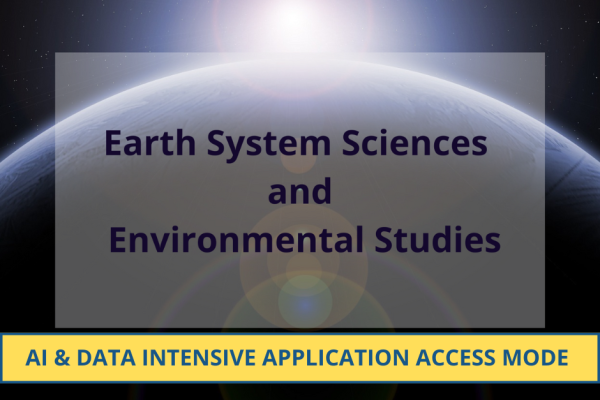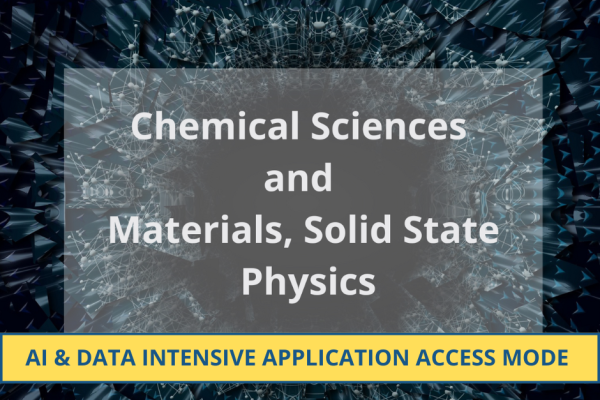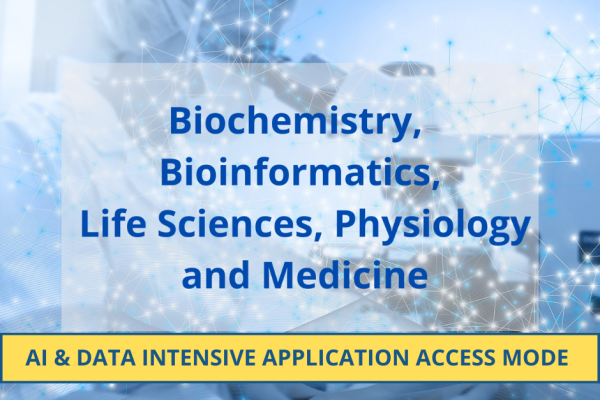Filter by
Awarded Projects (385)
RSS
The near-Earth space is the best reachable plasma laboratory, as it can be probed by constellation satellite missions as well as modelled by high-resolution top-notch supercomputing simulations.

Successful completion of this project would lead to a precise and truly a priori prediction of the low-energy constants (LECs) of chiral perturbation theory (PT) enabling new low-energy tests of the SM.

The engineering outcome of the project will be a web-based tool for predicting friction and heat transfer in air with variable properties, which will leverage the insights from the newly developed DNS dataset.

The birth of the first stars, galaxies and black holes heralded the beginning of the Cosmic Dawn (CD).

The project aims to develop openly accessible world models to foster transparency and collaboration in the field of self-driven cars, addressing key challenges such as data curation and model scalability.

The project aims to develop an advanced foundation model for high-resolution geospatial analysis, with a specific focus on imagery from European regions.

This project combines the state-of-the-art data mining technique called Active Learning with the recently developed FeNNol library for training Machine-Learning-based force fields.

This project trains a foundational AI system that enables autonomous agents to trade with each other based on the forecasted value of digital interactions like attention, service events, or decentralized asset flows.

The goal of this project is to reach a new frontier in precision radiology through novel deep learning techniques applied at unprecedented scale.

This project hopes to propose a new framework centered on point tracking in 3D space to improve spatio-temporal correspondence understanding in video sequences.